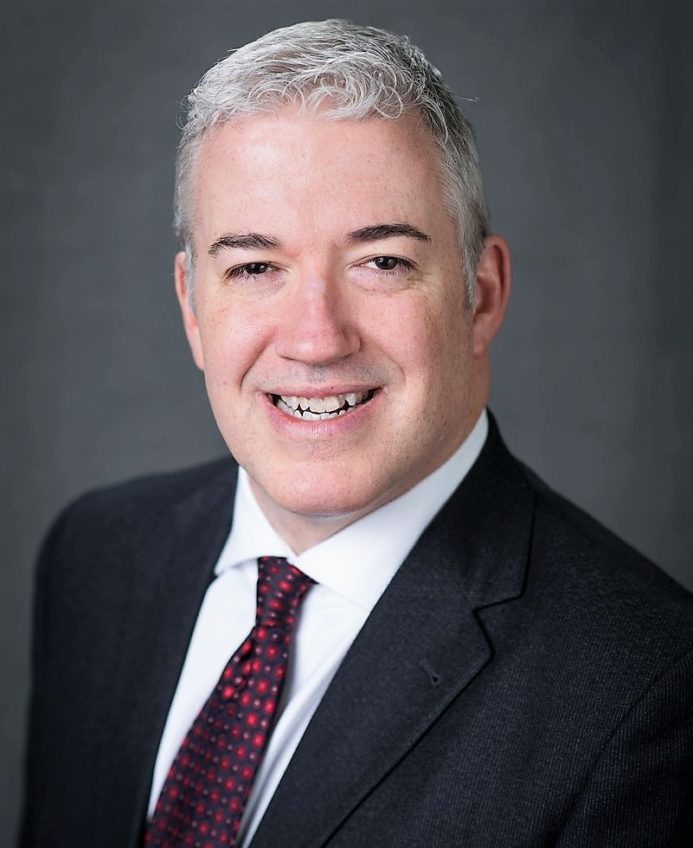
With managed long-term services and supports, once you’re in for a dime, you’re in for a dollar.
In studying “managed long-term services and supports” for a law review article, I was struck by the lack of accountability and cost overruns that have accompanied placing the administration of a vital safety net, dating to 1965, into the hands of insurance companies.
Unlike, say, Captain Renault in “Casablanca” (“I’m shocked, shocked to find that gambling is going on in here”), I cannot bring myself to feign surprise about insurers’ excesses. Without surprise, I read how Iowa Gov. Kim Reynolds’ (R) administration agreed to give Medicaid managed care insurers a 7.5% increase. In Texas, The Dallas Morning News ran a poignant investigative series entitled “Pain & Profit” about the shortcomings of Medicaid managed care in the state. They shared stories like that of Heather Powell, a 38-year-old paralyzed from the neck down and effectively trapped in her bed upon an insurer taking over her Medicaid care – she didn’t receive the necessary durable medical equipment, and her care hours were cut from 12 hours a day to 7.
The newspaper noted, “Texans with complex medical needs are now the most profitable, on a per-person basis, for the companies in Medicaid managed care, financial data shows.”
Yet, as the Morning News reported, Texas Gov. Greg Abbott (R) has effectively dismissed as “fake news” the findings of the paper’s year-long, in-depth reporting: “Abbott is a vocal defender of managed care whose top advisers have connections to healthcare companies.”
Of course he is. And of course they do.
Kansas has reportedly gone without an inspector general for KanCare since 2014, effectively allowing managed care insurers to run wild. To quote a Topeka Capital-Journal editorial in August: “Nothing but problems. That’s been the theme of the state’s transition to a privatized Medicaid program that closed regional offices and failed to deliver on promises of efficiency and cost savings.”
Yet, instead of holding accountable a company that “had only a 40 percent accuracy rate in making financial payments,” outgoing governor Jeff Colyer (R) agreed to pay it more money. That must sound familiar to Iowans.
Mike Randol, the person who initiated the debacle that has been KanCare found refuge in Iowa as its Medicaid director. As a Des Moines Register editorial noted: “Gov. Kim Reynolds wanted someone with a special skill set to oversee Medicaid in Iowa. She chose a man who helped make a mess of Kansas’ health insurance program for the poor and disabled.”
Reynolds has been willing to lavish upon out-of-state insurers, Iowa’s average nursing home rates, effective July 1, 2018, were only – at $160.96 per patient, per day – $2.41 higher than they were on July 1, 2016. And that was over two years. Not quite a 7.5% increase, was it? One can only imagine that the newfound largesse upon which insurers in Iowa will be feasting will not be spread to care providers or their vulnerable charges. The $25.3 million the CEO of Centene reportedly made last year suggests this new entrant into Iowa’s managed care market will also be a very, very hungry mouth to feed.
The national implications are alarming. A recent national report by the Medicaid actuary found that “long-term care expenditures are estimated to have declined 1.6 percent in 2017.” (Emphasis added). Where is the margin for a payment intermediary?
MLTSS is all about maximizing insurer profit. As McKnight’s recently reported, an academic study in California found that “[m]anaged care organizations aiming to serve dual-eligible beneficiaries appear to be picking their nursing home partners based on costs, rather than quality factors.” Yet, under the benevolent guise of “cutting the red tape,” the Centers for Medicare & Medicaid Services announced a rule effectively exempting from federal scrutiny cuts to provider rates of “less than 4% percent in overall service category spending during a state fiscal year (and 6% over two consecutive years),” so long as it’s managed care insurers doing the cutting.
Somehow we know they’ll always do the right thing.
Brendan Williams is the president/CEO of the New Hampshire Health Care Association.




